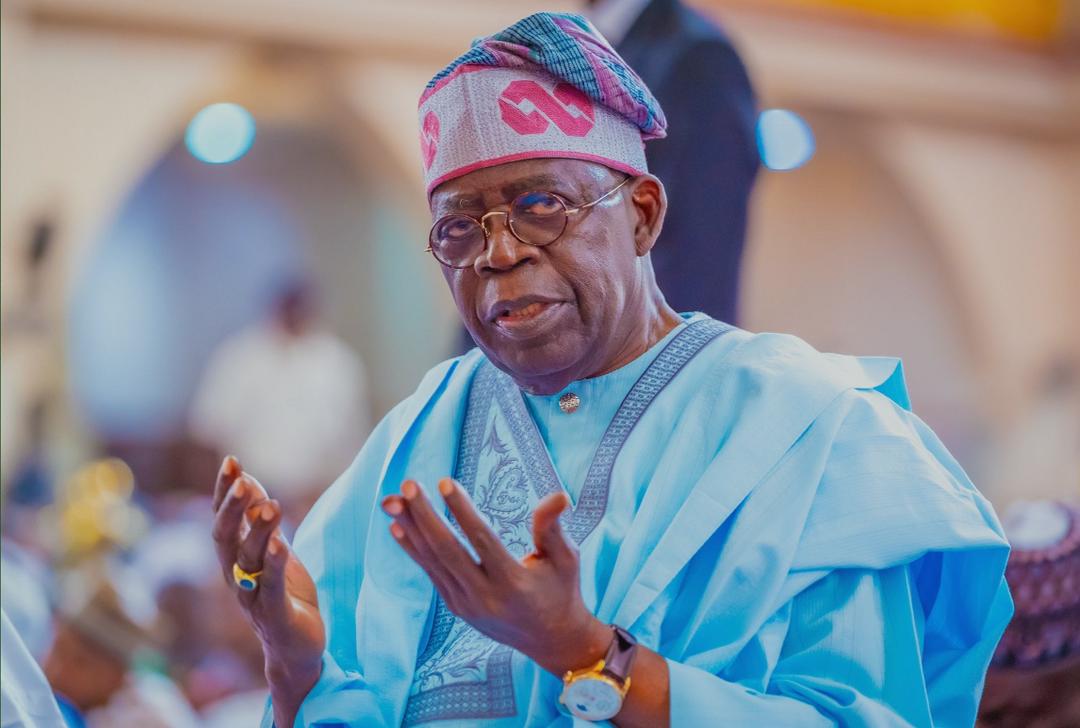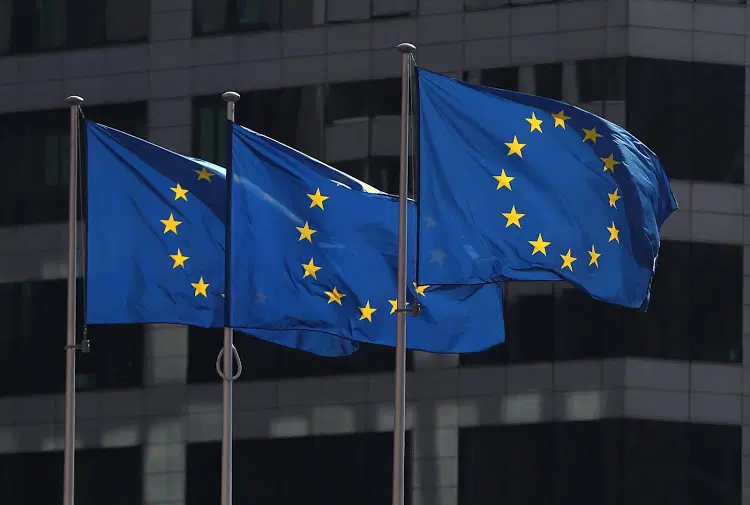Nigeria, Africa’s largest economy, is undergoing sweeping economic changes under President Bola Tinubu’s leadership. A bold series of reforms aimed at stabilizing the nation’s economy and attracting global investment has set the country on a path of transformation. However, the policies have sparked both optimism and concerns, as Nigerians grapple with the immediate consequences of these drastic measures.
Major Economic Reforms
Among Tinubu’s most consequential policy moves was the removal of long-standing fuel subsidies, a decision intended to free up government funds for critical infrastructure and social programs. While the move was lauded by economic analysts for promoting fiscal discipline, it also led to an immediate rise in fuel prices, triggering inflationary pressures.
In a further bid to reform the financial system, the government introduced a liberalized exchange rate, allowing the naira to float freely. This measure, designed to attract foreign investment and improve economic transparency, resulted in short-term currency depreciation but has since contributed to improved market confidence. Additionally, the administration has introduced tax reforms aimed at increasing government revenue, reducing dependence on borrowing, and broadening the nation’s tax base.
Economic Gains and Investor Confidence
Despite the initial shocks, some of Tinubu’s economic policies are beginning to yield results. Foreign direct investment (FDI) has surged, with reports suggesting that over $30 billion has flowed into the country in the past fifteen months. The naira, which had weakened significantly, has rebounded, appreciating by over 7% against the U.S. dollar. Meanwhile, Nigeria’s bond market has attracted increased investor interest, with local bond yields reaching as high as 25%.
Inflation, which spiked following the reforms, has also shown signs of easing, with recent reports indicating a decline for the second consecutive month. These trends suggest that the economic measures, though painful, may be steering Nigeria toward greater stability.
Public Discontent and Economic Hardships
However, the reforms have come at a steep cost for ordinary Nigerians. The removal of fuel subsidies has led to soaring transportation and food prices, straining household incomes. Protests and growing discontent have emerged in response to the rising cost of living, with critics arguing that the administration has not done enough to cushion the impact on vulnerable citizens.
Additionally, some economic analysts have raised concerns about the accuracy of reported FDI figures, calling for greater transparency in government data. Opposition politicians and labor unions have also accused the government of prioritizing fiscal reforms over immediate social welfare needs, warning of potential unrest if economic hardships persist.
Nigeria’s Economic Future
As Nigeria undergoes this economic transition, the international community is closely watching whether Tinubu’s leadership will successfully transform the country into a true economic powerhouse. While his policies have drawn praise for tackling long-standing inefficiencies, the administration faces the critical challenge of balancing economic reforms with measures to alleviate their impact on the population.
Ultimately, Nigeria’s ability to navigate these economic adjustments will determine whether it emerges as a model for fiscal resilience in Africa or struggles under the weight of its ambitious reforms.




